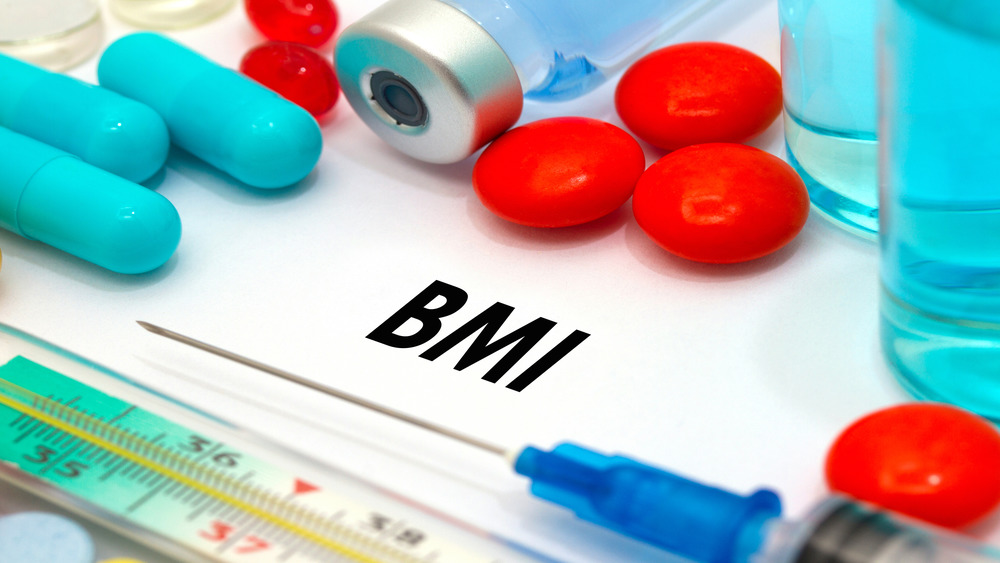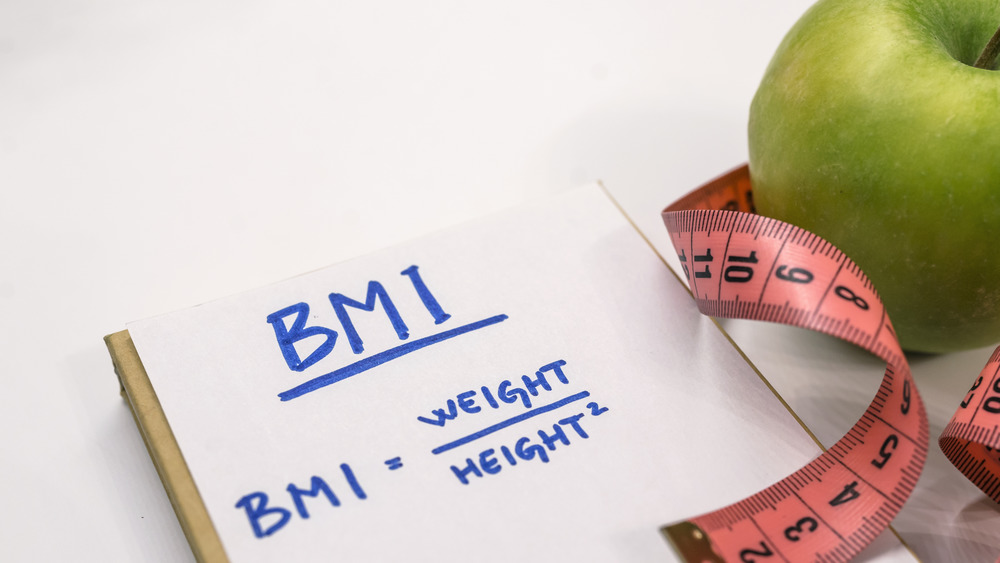How Your BMI Can Affect Your Vaccine Eligibility
Carrying extra weight on the body is generally considered negative for overall health. But in terms of getting the COVID-19 vaccine, those extra pounds might just move someone up in priority for distribution.
That's because many states have included people with a body mass index (BMI) figure higher than 30 among those who are at higher risk, and are allowing them to get the vaccine now. According to NPR, 29 states include obesity, defined as a BMI over 30, as a risk factor for severe illness when COVID-19 is contracted. In fact, behind old age, obesity is the second-greatest indicator of the likelihood for hospitalization and death from COVID-19, according to the World Obesity Foundation.
BMI is a measure of the body's weight relative to height and there is an online calculator on the Centers for Disease Control website that you can use to figure yours. Manually, you can divide your weight in pounds by your height in inches, twice. Finally, multiply by 703. Anything below 18.5 is considered underweight. Between 18.5 and 24.9 is normal, 25 to 29.9 is overweight, and anything over 30 is obese.
BMI measurements are controversial, but necessary
Researchers posit that the high rate of obesity in the United States may be one reason that the virus has spread so rapidly. According to the CDC, more than 42 percent of the U.S. population in obese.
It's possible that the metabolic changes, chronic inflammation, and hormonal imbalances that often come with obesity suppress the body's immune response. We also know that other viruses like the flu use cholesterol to spread, so higher rates in the body may promote replication of the virus.
Using BMI to measure health has been controversial in recent years, since changes to the formula in the 1990s shifted many people from normal to overweight (via Bustle). It does not consider things like muscle mass, bone density, or body composition, often rendering very muscular people overweight. And it fails to assess fat distribution around the body. Abdominal fat has been linked to diseases of the kidneys, liver, and heart, while fat stored around the hips or legs does not have the same effect (via Medical News Today).
But for the COVID-19 vaccine, BMI is the best measurement available right now that can move those at higher risk to the front of the line. Check with your state's health department to see what their policy on BMI is in relation to the vaccine.


